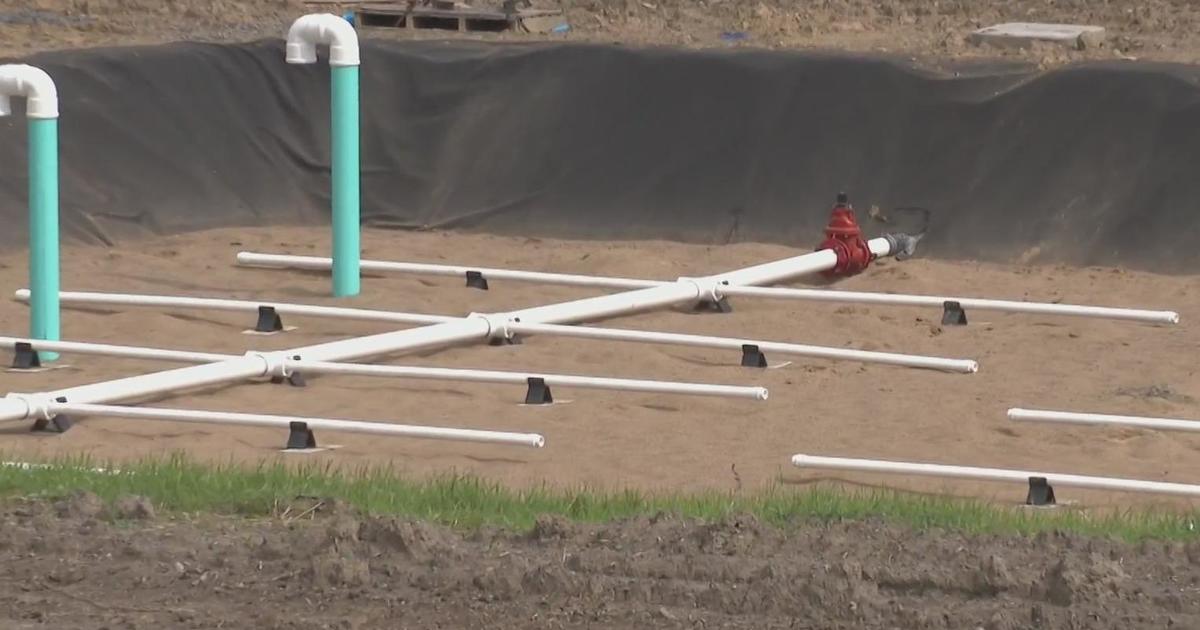Research Hints At Long-Lasting Immunity After Coronavirus Infection
PITTSBURGH (KDKA) -- How long does the immune response last after you've had a COVID-19 infection?
Researchers have honed in on some clues involving immune system cells that adapt to microbial invaders.
"Memory cells can live in your body after an exposure for years, up to decades," says Dr. Briana DiSilvio, Pulmonary and Critical Care Medicine at Allegheny Health Network
Blood samples from people who recovered still had enough immune system memory cells to fight the virus and prevent illness eight months after the infection.
"This is probably the first that we've looked at the longevity of the effect of this particular virus on the immune system," Dr. DiSilvio says.
And the cells did not peter out.
"The number of immune cells has so slowly declined that they actually really gather from that that it would take potentially a decade or so more to have the waning immune response to this," the doctor said.
"What would be very interesting would be to see what these numbers look like at a year, five years, 10 years," she added.
Despite the intriguing findings, it's hard to know for sure about the long term.
"We are only eight months into this pandemic," says Dr. DiSilvio. "The history of any virus does not stop in a year."
And case reports of some people becoming reinfected go against long-term protection for everyone.
"The question is, has the virus changed slightly?" Dr. DiSilvio says. "You might be susceptible to reinfection if there's some slight genetic mutation."
The research from the La Jolla Institute of Immunology has not yet been peer-reviewed.
It is worth noting that survivors of SARS, which is caused by a similar virus, still have memory immune cells 17 years later.



